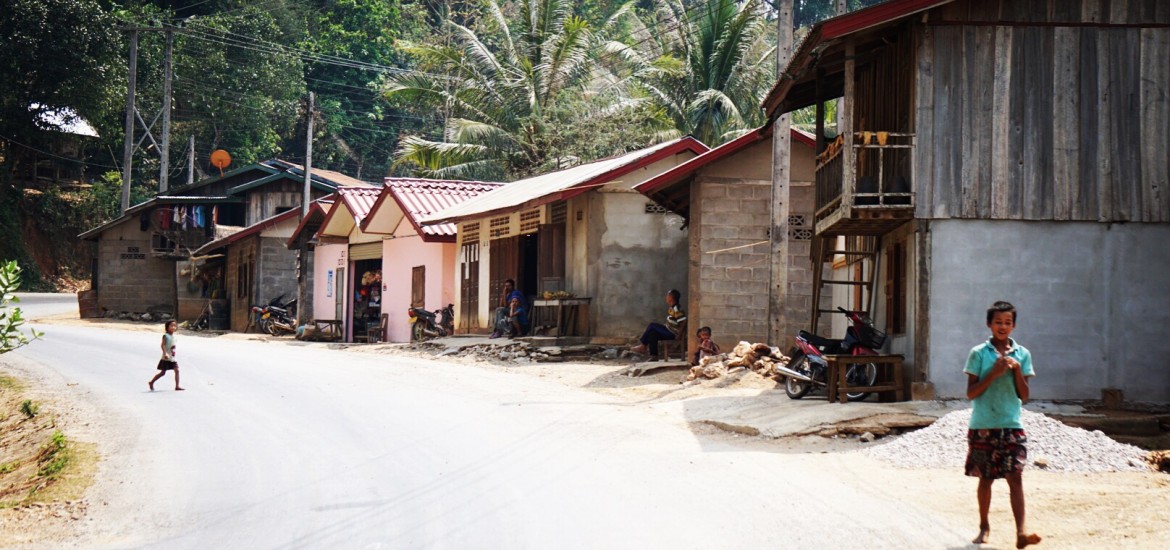I read a book a few months ago called ‘Rising Strong’ by Brené Brown. If you know me, you’ll know this woman is my idol. She’s a researcher of shame, courage and vulnerability. In this book she talks about how her therapist once suggested that people are only ever ‘doing there best’. It really got me thinking. Are people really only ever doing their best?
Since having this idea put in my head I’ve questioned it almost every day. As it stands and especially since I’ve had a very limited experience of travel, I believe it to be true with very few exceptions. In my opinion the exceptions are those who lack the feeling part of their brain (including sociopaths and psychopaths). If you’re not one of those, then I do think you’re only ever doing your best.
Carl Rogers is the grandfather of person-centred therapy and he hypothesised that people are like any other natural organism, in that we have a natural desire to want to grow and evolve, to better ourselves. If you bring this idea alongside Brené’s it fits well. Perhaps we are only ever doing our best, in order to better ourselves.
For me to get fully on board with this however, the concept needed a few more words. I thought about it a lot and concluded that ‘people are only doing their best with what they have and what they know, in any given moment’.
People are only doing their best with what they have and what they know, in any given moment.
We seldom act against our self-interest. If you hurt someone, it’s probably because you’re hurting yourself. In other words, in that moment, hurt ‘stole’ your ability to be compassionate to another person. Naughty hurt. So you did your best with what you knew right then. We all want to escape hurt ASAP and we also know the quickest way – hurt someone else.
I’ve observed that we seem to be able to show compassion and understanding where the difference in resources between us and another person is material and tangible. In countries like Vietnam and Laos (where I am right now), people battle through their lives despite living on next to nothing and in homes people in western cultures wouldn’t put their animals. Yet when it comes to people who we perceive as our equals materially speaking, we tend to go into judgement mode. I’m guilty of this so I’m certainly not preaching.
We look at other people and say “well if I was in their situation I’d act differently”. But a homeless person on the street in your city may well be battling depression and therefore the ‘get a job’ resource could be buried underneath a mountain of mental challenges. Their lack of mental resource may be as limiting to them as the material lack of resource to the people of Vietnam and Laos.

Lady sat on her porch, in a small village in the mountains of Laos. I asked her for a photo and got this lovely cheeky smile.
Even if it’s not true, Brené’s words are wise. She suggests it makes life easier and much more fulfilling to believe it. The next time you get grief off someone or find yourself in judgement mode, stop and think. Assume they are doing their best and if it’s appropriate to do so, try reaching out compassionately.
Cover image is of a small village in the mountains of Laos. The same village of the lady pictured above.
